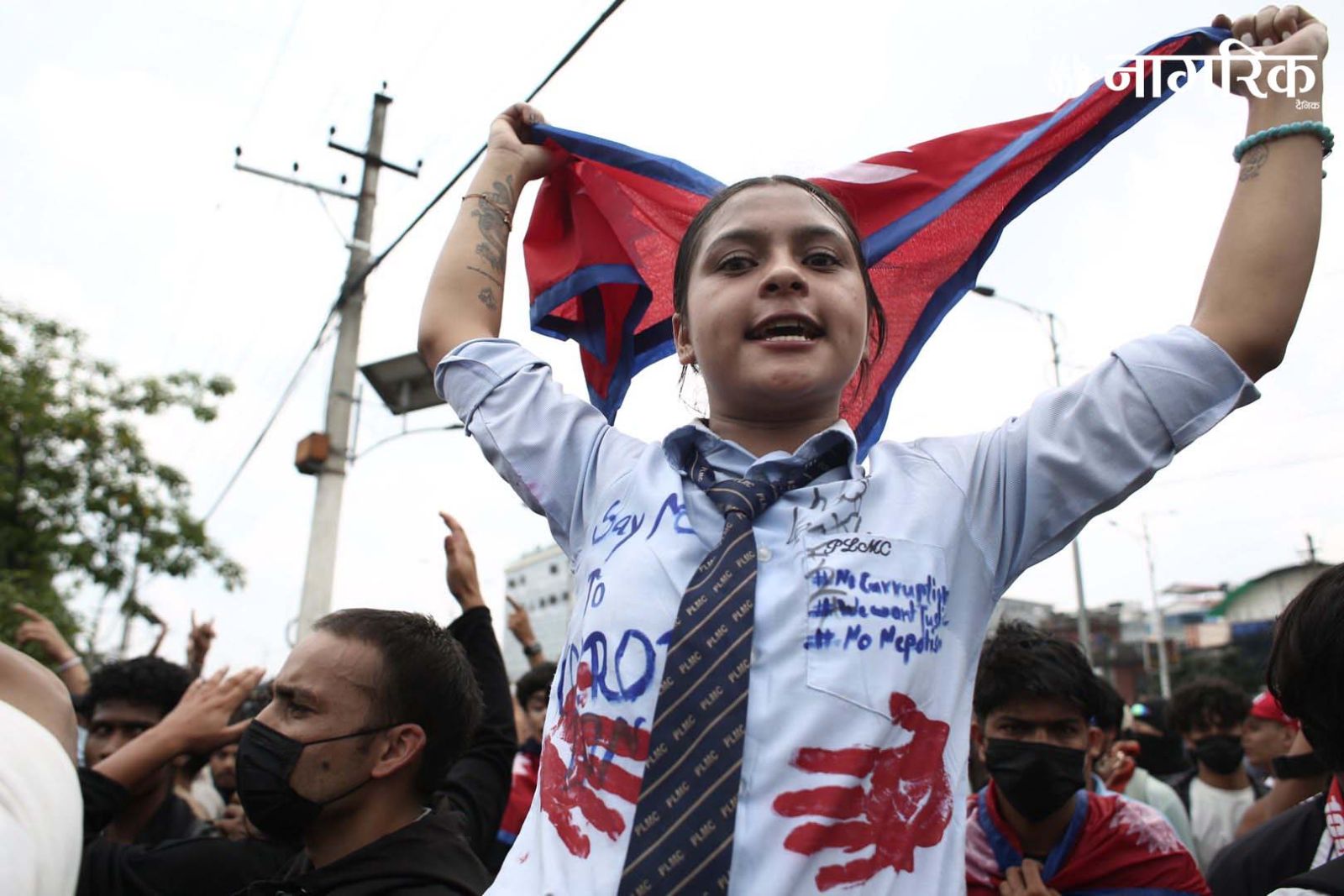International Women’s Day this year was marked numerous events such as protests in South Korea in support of the #MeToo movement and a feminist strike in Spain. The latter was supported by mayors in Madrid and Barcelona and saw women walking out to highlight sexual and domestic violence as well as a huge gulf inequality, particularly the wage gap. That’s still highly evident across the developed world. South Korea has the most work to do in order to close the wage gap. OECD data shows that in 2016, a male worker in South Korea would outearn his female counterpart by 36.7 percent. The problem is also highly evident in other Asian countries, especially Japan. In 2016, the wage gap between the sexes was 25.7 percent. Even though things are slightly better in North America, both the
U.S. and Canada still have a wage gap of just over 18 percent. Although Greece attracted all the wrong headlines for its economic woes, it actually has one of the least pronounced gender wage gaps in the OECD at 4.5 percent.
#Sexploration Episode 3 Discussion on Gender Markers






































